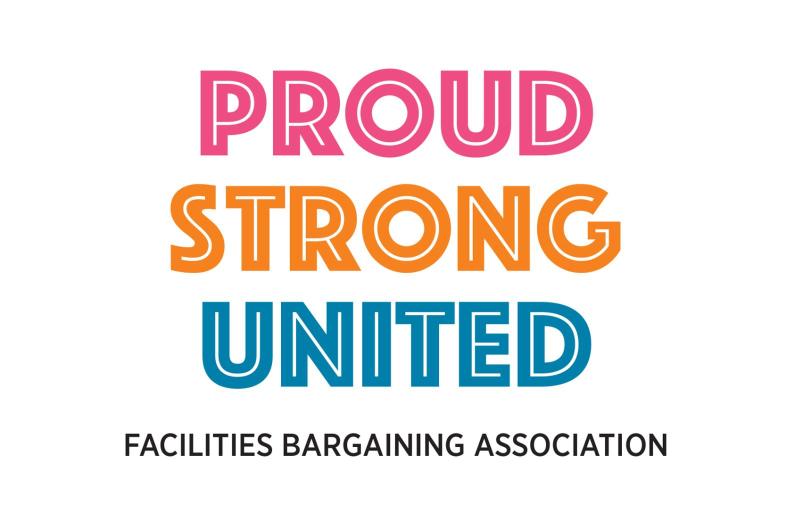Talks resumed on June 25 and 26 for a renewed collective agreement for B.C.’s biggest public sector bargaining association covering more than 58,000 health care workers.
“In week 11, both sides delivered responses on several key contract items including provisions related to vacations, rotation improvements and scheduling,” says Facilities Bargaining Association (FBA) lead negotiator and HEU secretary-business manager Lynn Bueckert. “In addition, the FBA also proposed further increases to full-time staffing levels in the Facilities subsector to reduce workplace injury, staff turnover, members working sick, and excessive overtime.”
“Outside of negotiations, the FBA committee is beginning preparations for drafting its response to the employer’s initial wage offer of up to 3.5 per cent over two years,” says Bueckert. “As I said last week, the HEABC’s wage proposal is not acceptable, that's why the multi-union bargaining committee is now developing a counter proposal to guard against future economic instability, while continuing to advance wage comparability to ensure equal pay for equal work.”
On June 24, executive members from dozens of FBA locals participated in a virtual town hall hosted by Hospital Employee’s Union (HEU) president Barb Nederpel with bargaining committee chair Chena Binns and lead negotiator Lynn Bueckert.
During the event, members heard updates on the employers’ first wage offer and posed questions on a variety of bargaining demands.
“Now that we have the employer’s first wage offer, the committee will continue deliberations and discussion on our counter proposal for a fair wage increase,” says Bueckert. “The best way to strengthen health care services across B.C. is to keep pushing at the bargaining table for better wages and working conditions, and we expect to table the FBA wage response in July.”
During the town hall, FBA leaders also raised the issue of taking a strike vote. Members were informed that if job action or a strike becomes necessary, HEU has already finalized plans with the HEABC to ensure essential services are in place to protect the public’s health and safety.
“In bargaining, a strike vote is one of the most powerful tools unions have to send a clear message to employers that they will defend their contract – and take job action, if necessary,” says Bueckert. “But the best result is to get a good deal without members having to flex their solidarity through job action.”
Bargaining is set to resume on July 9.
